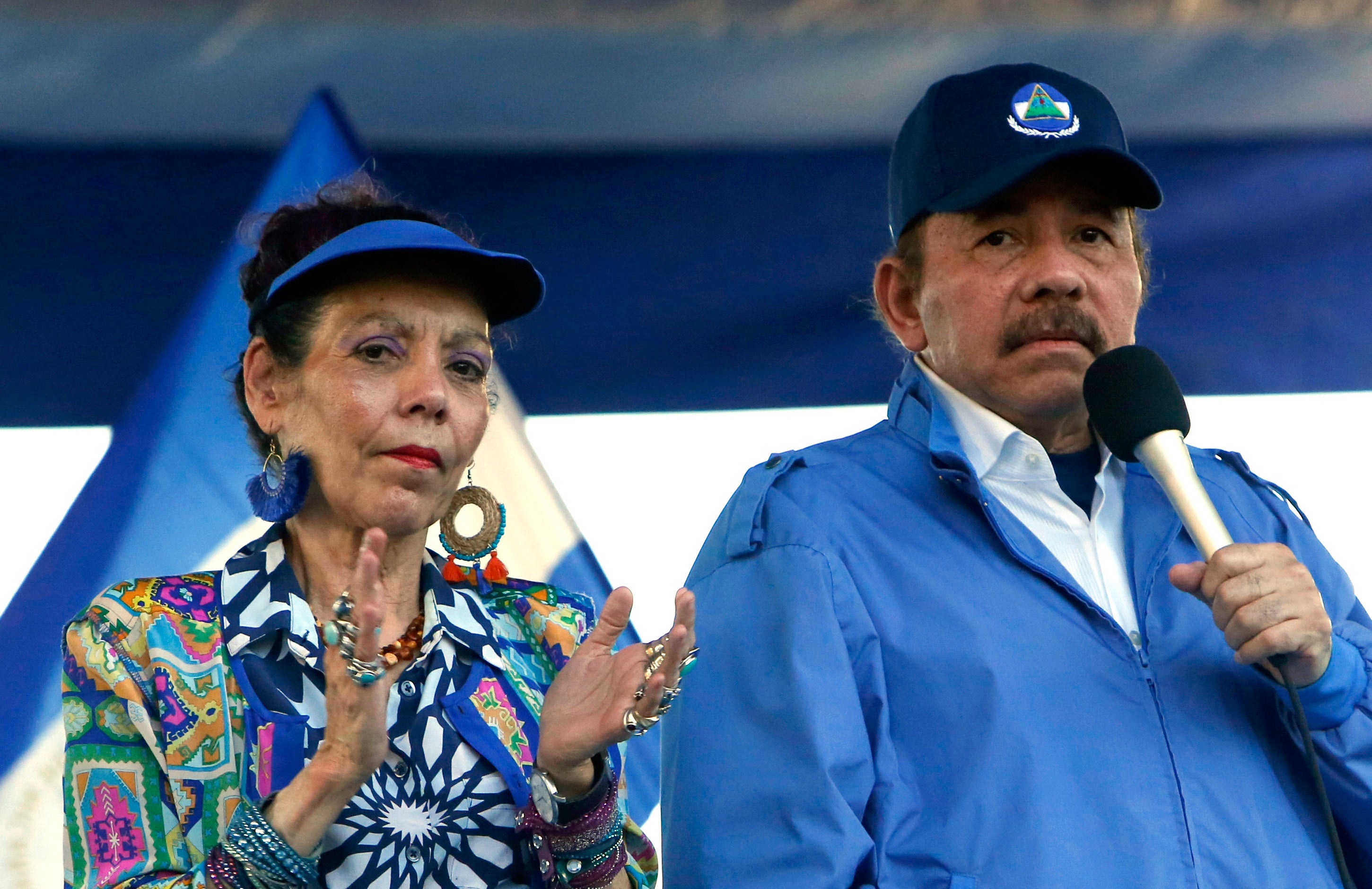Nicaraguan police raid storied opposition newspaper
Nicaraguan police raided the offices of the storied opposition newspaper La Prensa

Nicaraguan police raided the offices of the storied opposition newspaper La Prensa Friday.
The National Police said in a statement the raid was part of an investigation into “customs fraud and money laundering.” It said the newspaper's offices “remain under police custody.”
The raid came one day after La Prensa suspended its print edition because the government's customs office had once again withheld newsprint paper.
La Prensa, founded in 1926, has been critical of President Daniel Ortega who has also recently arrested dozens of opposition figures. Ortega's regime has often used money laundering, tax and other accusations to raid non-governmental and civic groups it disagrees with.
La Prensa had said it would continue an online edition, but it was unclear how long it could continue to do so. La Prensa has been the country’s only newspaper with a print edition since another opposition paper, El Nuevo Diario, closed in 2019.
On Thursday, the newspaper said in an editorial that “Once again the Ortega-Murillo dictatorship has withheld our paper," referring to Ortega’s wife and vice president, Rosario Murillo. "Until they release the raw material, we cannot continue with the print edition,” the newspaper said. The move also affects the sister paper Hoy.
The move marks the third time the government has withheld the newspaper’s paper or ink. The paper had ceased printing for about 500 days in 2018 and 2019 amid widespread protests against the regime.
Nicaragua is scheduled to hold national elections Nov. 7. and Ortega is seeking a fourth consecutive term. He placed an opposition vice presidential candidate under house arrest last week, then released her pending the outcome of an investigation.
Over the past two months, Ortega’s government has arrested nearly three dozen opposition figures, including seven potential challengers for the presidency.
On Monday in Managua, the opposition alliance National Coalition said in a statement that it did not recognize the current electoral process as a way out of Nicaragua’s political crisis and urged Nicaraguans to not recognize it either.
Later Monday, authorities announced the arrest of opposition leader Mauricio Díaz Dávila, a candidate for congress and a former ambassador to Costa Rica He had been called to the Attorney General’s Office on Monday as part of an investigation for alleged acts against the state.
His political party, Citizens for Liberty said he was arrested with violence. His ability to run for office had been cancelled by the electoral court three days earlier. Party President Kitty Monterrey, whose Nicaraguan citizenship was withdrawn last week, called for his immediate release.
Murillo also announced Monday that the government had recalled its ambassadors from Argentina Colombia Mexico and Costa Rica “in reciprocity” for steps taken by those governments. She declared recent criticism from those governments as “interfering and interventionist.”
Argentina and Mexico had offered to try to mediate negotiations between the government and opposition, but that offer was rejected by Ortega. Costa Rica and Colombia had strongly condemned Ortega’s government for recent actions against the opposition.